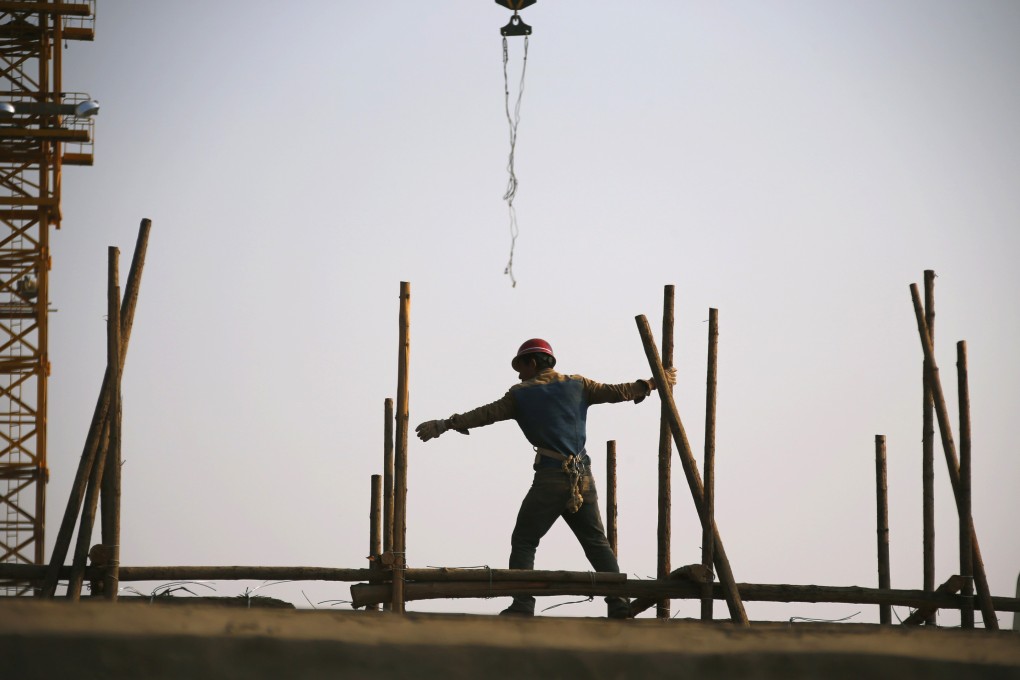Housing slowdown helps tip China into deficit
Budget in the red by 326b yuan after revenue growth falls to 5.2pc with reduced land-sale take

The mainland's cooling property market has helped push its budget into deficit and prompted Standard & Poor's to warn of risks to the finances of regional borrowers.

The budget swung to a 326 billion yuan (HK$405 billion) deficit from a 257.5 billion yuan surplus. New home sales in 54 cities tracked by Centaline slid 47 per cent to a four-year low over the May 1-3 Labour Day holiday.
Property market weakness would undermine Premier Li Keqiang's efforts to spur growth and make it harder for local government financing vehicles (LGFVs) to repay debt using land sales.
Borrowing costs for companies with an AA rating, the most common for LGFVs, have dropped 75 basis points this year, helping spur a 40 per cent increase in bond sales.
"A significant deterioration in the property market and land prices will have very wide-ranging implications for the entire economy and also credit markets," said Christopher Lee, the head of corporate ratings for Greater China at S&P in Hong Kong. "Land is used as the collateral for financing for LGFVs. "